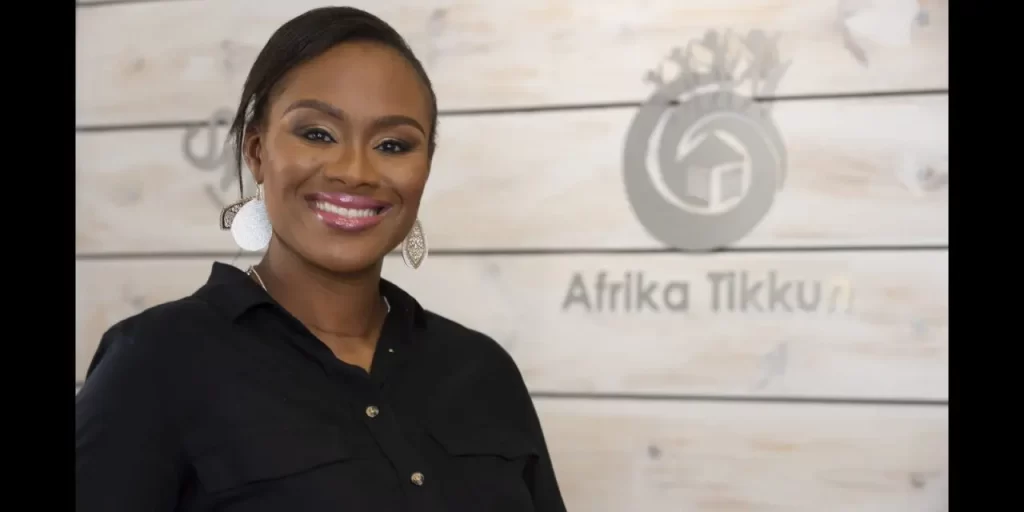By Onyi Nwaneri CEO of Afrika Tikkun
By Onyi Nwaneri CEO of Afrika Tikkun
Three decades into our constitutional democracy, the remnants of our dark past continue to lurk in the layered echelons of our unequal society. In commemoration of Freedom Day, on 27 April, we are reminded that though blood was shed and sacrifices were made to attain this freedom, not all South Africans are privy to its gains. Many South Africans are politically free yet economically poor. According to a 2019 World Bank report, South Africa is the most unequal country in the world, with race playing a determining factor in a society where 10% of the population owns more than 80% of the wealth. The report further stated that South Africa ranked first among 164 countries as the most unequal country in the world. Despite almost 30 years after the end of apartheid, “race remains a key driver of high inequality in South Africa, due to its impact on education and the labour market,” it said.
Thus, deliberate and strategic actions to end poverty must become the norm, especially if countries are to meet the Sustainable Development Goals (SDGs) by 2030. According to the Deputy Secretary-General of the United Nations, Amina Mohammed, the increased access to education has led to a dramatic decrease in the total number of people living in extreme poverty.
In the same vein, Afrika Tikkun’s Group CEO, Dr. Onyi Nwaneri believes enabling the vulnerable to access quality education from early childhood to tertiary and beyond ultimately leads to economically empowered individuals who can create sustainable livelihoods. Yet, despite commendable efforts by government, the private and public sectors as well as civil society, a large percentage of South Africans are living in extreme poverty. Last year, 46 000 more people were without jobs in the fourth quarter of 2023, bringing South Africa’s unemployment rate to 32.1%.
Statistics SA’s data shows that the largest employment losses were in the community and social services sector, which shed 171 000 jobs in the fourth quarter. There were also job losses in construction, agriculture, trade and manufacturing. The data also shows that in the last decade, the number of unemployed people in South Africa increased from 4.8 million to 7.9 million, signalling the country’s economic malaise.
Nwaneri posits that this year’s Freedom Month theme “30 Years of Democracy, Partnership and Growth,” serves as a fundamental blueprint and roadmap for which all sectors of society ought to follow to tackle the disparities faced in South Africa.

Indeed our progressive Constitution and fledgling democracy have allowed us to enjoy the fruits of freedom and afforded us access to inalienable basic human rights. However, the concept of Madiba’s ‘Rainbow Nation’ has somewhat faded and many feel disillusioned. Despite the liberal pieces of legislature and policies, our current generation needs to reflect on the legacy which we wish to bequeath to future generations. Madiba envisioned a free and bright future for us and now it is in our hands to pass on the baton. As we head to the polls on 29 May, let us be fully cognisant of those that came before and those who are to come after us.
Let us ask ourselves: what are we doing to ensure the legacy of our past generations is realised and is beneficial for all? How are we moving the needle on inequality, generational poverty and the present socio-economic status quo?
“Hence, in observance of these significant milestones, let us go beyond merely talking and planning. Now is the time for tangible and deliberate actions towards fulfilling the promises made 30 years ago”, says Nwaneri. It is up to all of us to continue illuminating the path for future generations and to ensure that the bright promises of the ‘Rainbow Nation’ are realised.
For more information visit www.afrikatikkun.org




























